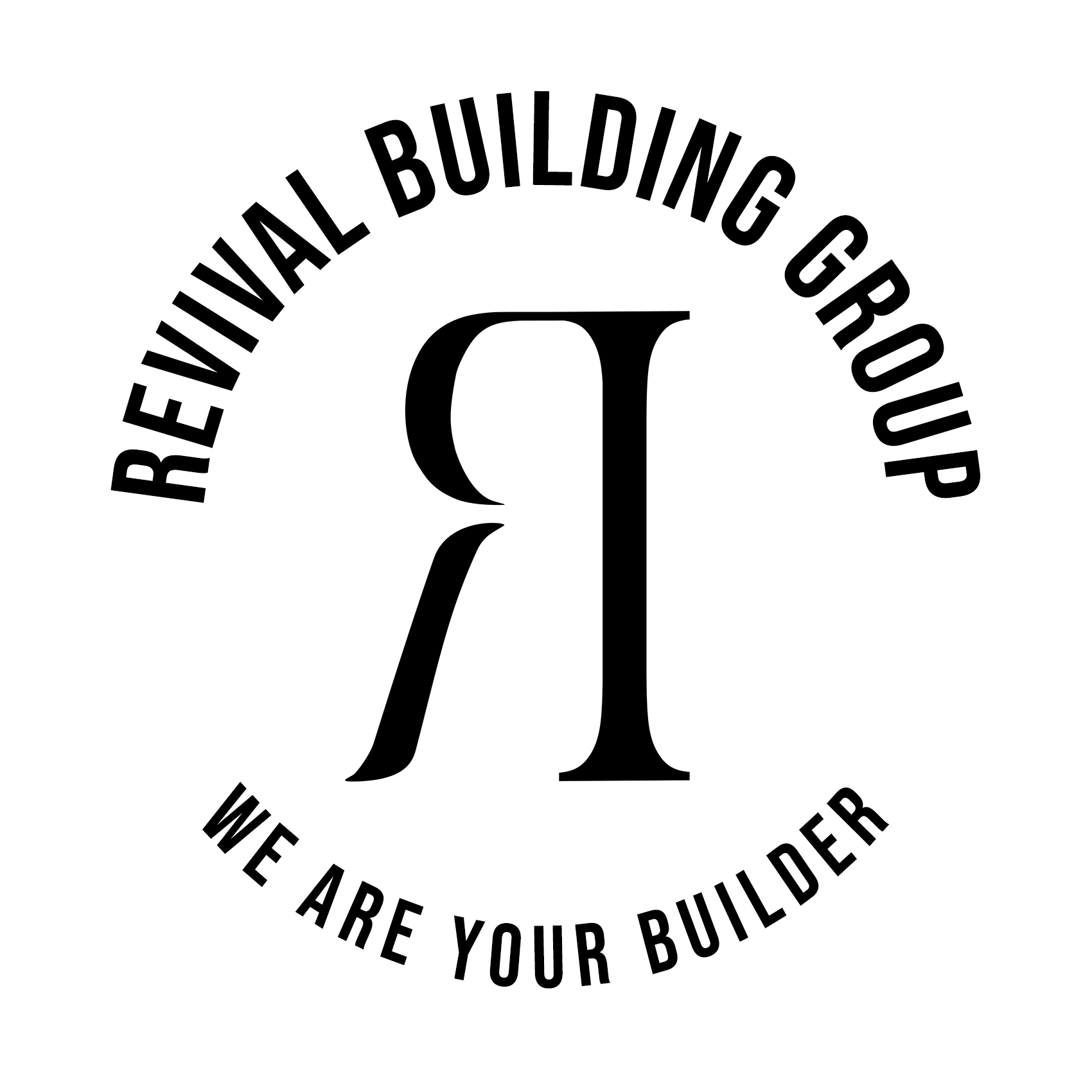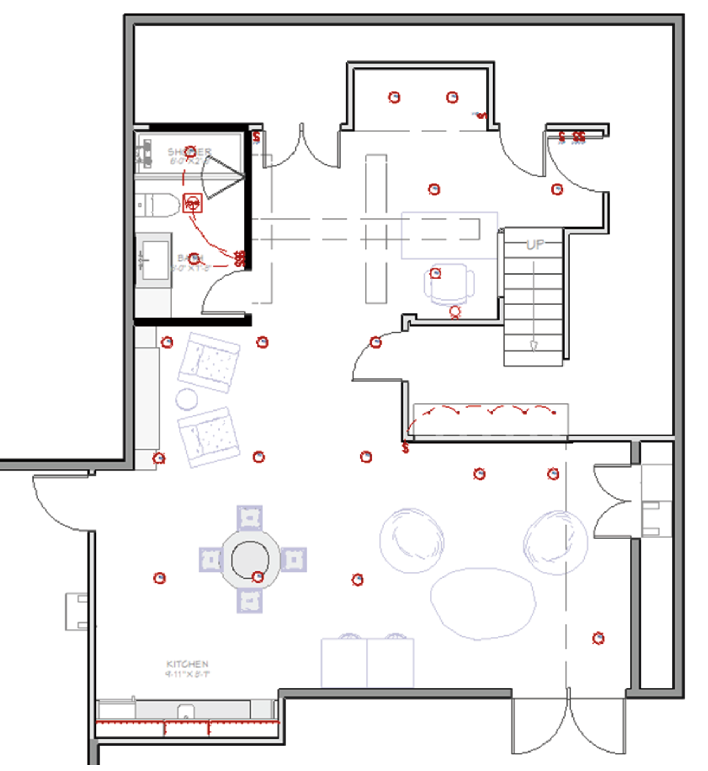5 Things to Know When Renovating Your Basement
Renovating a basement can be a rewarding project that adds valuable living space to your home. However, it also comes with its own set of challenges. Here are five important things to know when renovating your basement:
Water stains are the first clue to a wet, leaky basement. These stains could be along the walls or floor. These water stains could be a caused by something simple like overflowing laundry tub or you could a basement waterproofing problem as a result of water seeping in through the joint where the floor and walls meet.
1. Check for Moisture and Waterproofing: Basements are prone to moisture issues, so it's crucial to address any water-related problems before starting the renovation. Check for leaks, dampness, or signs of water damage. Ensure proper waterproofing measures are in place, including sealing cracks in the foundation, installing a sump pump, and using moisture-resistant materials. This step is essential to prevent mold growth and protect your investment.
2. Obtain Necessary Permits: Before beginning any basement renovation, check with your local building department to determine if you need permits. Permit requirements vary by location and the extent of the renovation. Failing to obtain the necessary permits can result in fines or difficulties when selling your home. Make sure you understand and comply with all local building codes and regulations.
3. Plan for Adequate Lighting and Ventilation: Basements often lack natural light, so planning for sufficient artificial lighting is crucial. Consider recessed lighting, track lighting, or other fixtures that brighten the space. Additionally, ensure proper ventilation to prevent a stuffy or damp environment. Adequate airflow helps control humidity and enhances the overall comfort of the space.
4. Insulate for Comfort and Energy Efficiency: Proper insulation is essential for maintaining a comfortable temperature in your basement and improving energy efficiency. Insulating exterior walls, floors, and ceilings can help regulate the temperature, reduce heating and cooling costs, and prevent moisture issues. Choose insulation materials suitable for basements, such as rigid foam, spray foam, or fiberglass batts.
Egress stairs: Essential emergency exits in buildings, providing safe and swift evacuation routes during emergencies such as fires or other crises.
5. Plan for Emergency Egress: Safety is paramount when renovating a basement, especially if you're planning to create a new living space. Check local building codes to determine if you need to install an emergency egress window or door. Egress requirements ensure that there is a safe and accessible exit in case of an emergency. This is particularly important if you're adding bedrooms or creating habitable living space in the basement.
Remember to consult with professionals, such as contractors, architects, or structural engineers, to ensure that your basement renovation is executed safely and complies with all relevant regulations. Taking the time to plan and address potential issues upfront can result in a successful and enjoyable basement transformation.
































